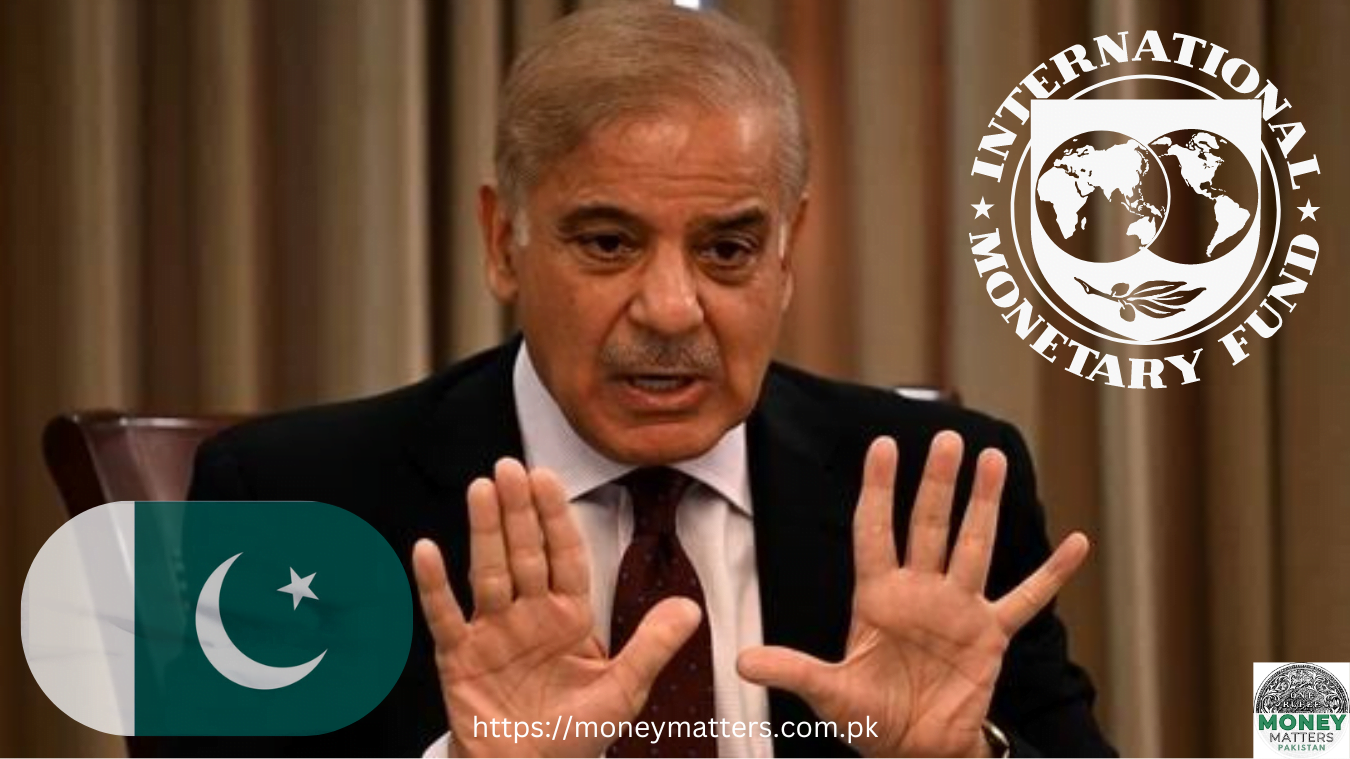Key Takeaways:
- Conversion of 28,000 tube wells in Balochistan to solar energy, costing Rs55 billion.
- Nationwide plan to switch 10 lakh tube wells to solar energy.
- Federal and provincial governments must work together to address economic challenges.
- Educational programs and agricultural training initiatives to enhance development.
Prime Minister Shehbaz Sharif emphasized on Monday that returning to the International Monetary Fund (IMF) is essential to prevent future financial crises, stating that failure to make tough economic decisions now would result in similar challenges within three years.
During the signing ceremony of the Kisan Package in Quetta, the Prime Minister underscored the critical need to address Pakistan’s economic difficulties. He announced a major initiative to convert 28,000 tube wells in Balochistan to solar energy, a project costing Rs55 billion. The federal government will cover 70% of the costs, while the provincial government will handle the remaining 30%.
PM Shehbaz expressed concern over Balochistan’s developmental lag, pointing out that if Rs500 billion in subsidies had been invested in the province’s growth, the outcomes would have been significantly better. The solar panel project for farmers is part of a broader strategy for sustainable agricultural development.
Expanding on the energy strategy, PM Shehbaz revealed plans to convert 1 million tube wells across the nation to solar power. He stressed the necessity of federal and provincial government cooperation to manage the country’s substantial debt.
In addition to energy reforms, the Prime Minister highlighted federal funding for Danish schools in Balochistan and announced a program to send 1,000 graduates from all provinces to China for agricultural training. Balochistan will receive a 10% higher quota than other provinces in this initiative, aiming to boost agricultural expertise and development.
PM Shehbaz warned that Pakistan’s future generations are burdened by debt and stressed the importance of economic reforms to avoid another IMF intervention, which he described as a “drowning place.” He called for collective efforts to improve the nation’s economic situation and pledged to eliminate terrorism.
The Prime Minister also affirmed the government’s commitment to developing Gwadar into a world-class port, highlighting its potential benefits over the Rekodic mines.




